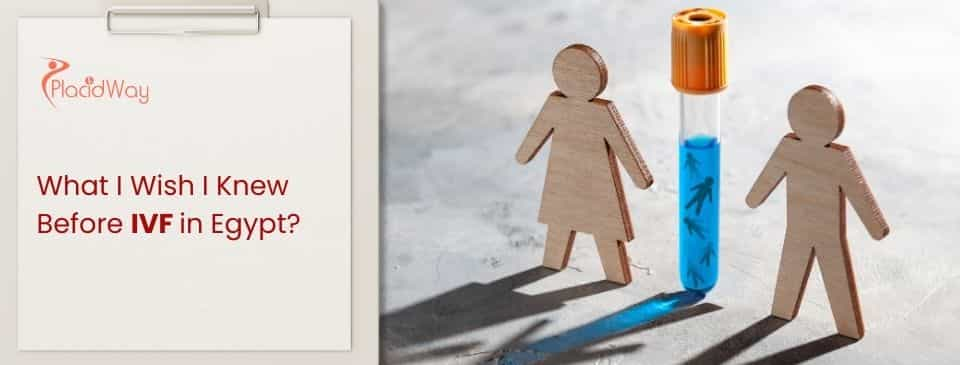Step-by-Step: The IVF Journey in Egypt
The journey to parenthood through In Vitro Fertilization (IVF) is a profound one. Egypt has become a key destination for this journey, offering a combination of experienced specialists, modern clinics, and affordable care. However, a successful IVF in Egypt hinges on being well-prepared. Understanding the nuances, from the true costs to the specific legal framework for fertility treatment, is crucial. This guide provides clear answers to the most common questions, helping you navigate your IVF journey with confidence and clarity.
What is the average cost of an IVF cycle in Egypt?
While the cost savings are a major draw, the advertised price may not cover everything. To budget accurately, request a detailed, itemized quote. Confirm if the price includes consultations, monitoring, anesthesia, and especially fertility medications, which can be a significant separate expense. Also, ask about the costs for ICSI, embryo freezing, and storage.
Are the success rates for IVF in Egypt reliable?
When evaluating a clinic's success rates, look deeper than the general number. Ask for statistics specific to your age and diagnosis. Most importantly, clarify if they are reporting the "pregnancy rate" or the "live birth rate"—the latter is the most meaningful metric for success. A transparent clinic will provide this data and set realistic expectations.
What are the laws regarding IVF and surrogacy in Egypt?
This is a critical point for international patients. Clinics in Egypt require legal proof of marriage before starting treatment. This means IVF in Egypt is not an option for single individuals, unmarried couples, or same-sex couples. Furthermore, the use of donor gametes (eggs or sperm) is strictly prohibited.
How do I choose the best IVF clinic in Egypt?
The quality of the clinic's embryology lab is paramount to your success. Look for clinics with international certifications (like ISO) and experienced embryologists. Schedule video consultations to assess the doctor's approach and ensure clear communication. Reading recent reviews from other international patients can also offer valuable insights into their experience.
What is the typical IVF process and timeline in Egypt?
Your stay will revolve around a structured medical schedule. The process begins with 10-14 days of ovarian stimulation and monitoring, followed by the egg retrieval procedure. The embryos then develop in the lab for 3-5 days before the embryo transfer. You should plan to rest for a couple of days after the transfer before your flight home.
What is ICSI and is it standard practice in Egypt?
ICSI is a powerful technique that dramatically increases fertilization rates, especially in cases of male factor infertility. Because of its effectiveness, most top clinics in Egypt use ICSI as their standard procedure for all patients. However, you should always confirm if ICSI is included in your IVF package or if it is an additional charge.
Can we choose the gender of our baby in Egypt?
Gender selection via PGD/PGS is an option available at many Egyptian fertility clinics. This technology involves testing the embryos before transfer to identify their chromosomes. In addition to revealing the gender, it can also screen for major chromosomal abnormalities. This is an advanced procedure that comes with a significant additional cost, so you should discuss it early in your consultation if you are interested.
Embarking on a fertility journey abroad requires trusted partners. PlacidWay connects you with a global network of accredited fertility clinics and healthcare providers. Explore your options and find the support you need for your path to parenthood.



.png)


Share this listing